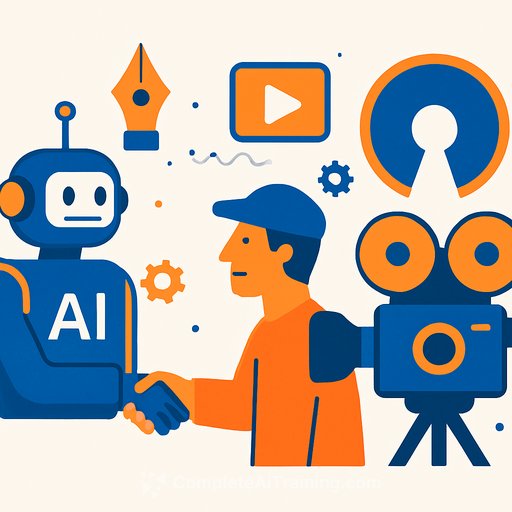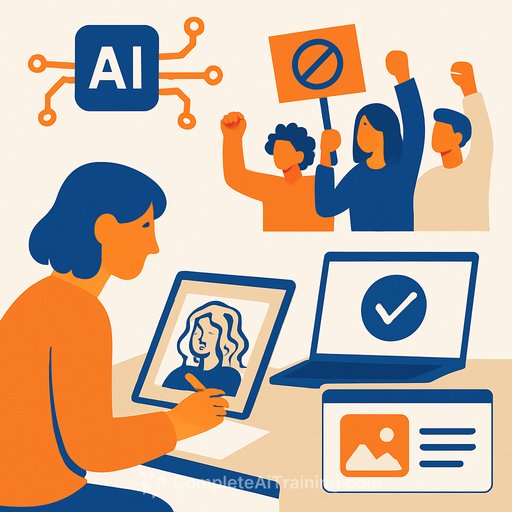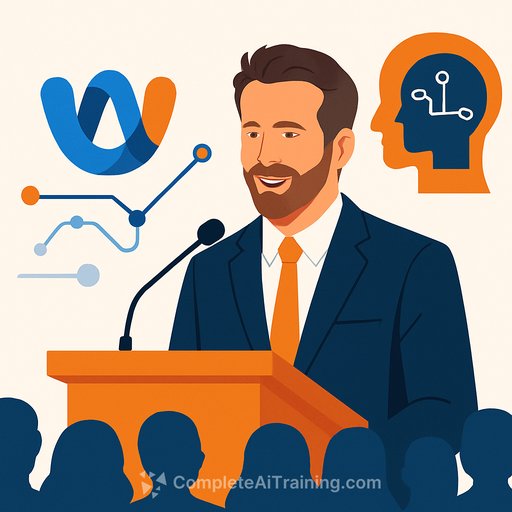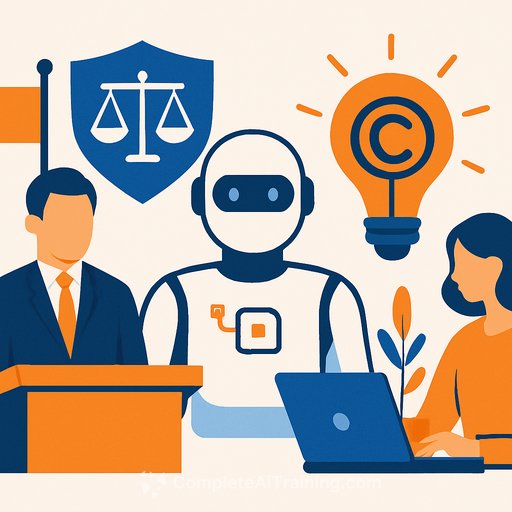Stephen Fry, Dua Lipa and Andrew Lloyd Webber Lead Artists' Protest Against AI Copyright Law Changes
Stephen Fry, Dua Lipa, and Andrew Lloyd-Webber lead artists opposing UK AI copyright law changes that risk harming creative industries. They warn these rules could devastate artists' livelihoods and future work.
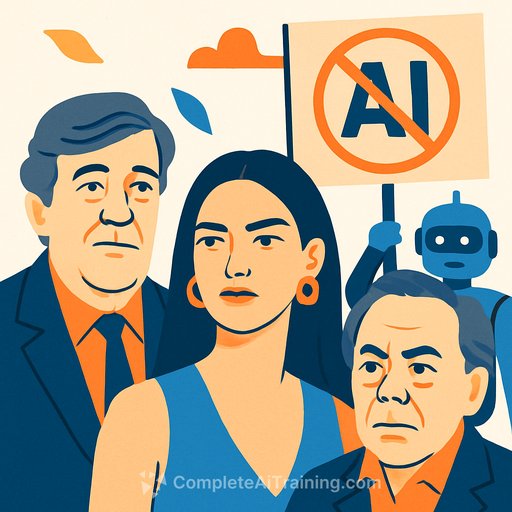
Stephen Fry, Andrew Lloyd-Webber and Dua Lipa Lead Artists Protesting AI Copyright Law Changes
A coalition of prominent British actors, musicians, and writers has come together to oppose proposed changes to UK copyright law concerning artificial intelligence (AI). Notable figures including Sir Stephen Fry, Dua Lipa, Sir Michael Morpurgo, and Ed Sheeran have signed a joint letter warning that these changes risk devastating the creative industries.
The government plans to introduce an exemption allowing AI models to be trained on copyrighted material without requiring a licence, placing the onus on creators to opt out if they do not want their work included. The artists argue this approach threatens their livelihoods and the future of creative work.
Artists Warn of Long-Term Industry Damage
The letter published in The Times states: “The proposal is wholly unnecessary and counterproductive, jeopardising not only the country’s international position as a beacon of creativity but also the resulting jobs, economic contribution and soft power — and especially harming new and young artists who represent our nation’s future.”
The creative industries contribute £216 billion annually to the UK economy and employ 2.4 million people. The artists emphasize that removing copyright protections will “devastate the industry and steal the future of the next generation.”
Andrew Lloyd-Webber and Son Speak Out
Composer Andrew Lloyd-Webber and his son Alastair expressed their concerns in a strong opinion piece for The Guardian, highlighting that copyright ensures creators retain control and receive fair compensation.
They wrote, “AI can replicate patterns, but it does not create. If left unregulated, it will not just be a creative crisis, but an economic failure in the making.” They warn that AI-generated content flooding the market will undercut human creativity and harm industries that support jobs, tourism, and Britain’s cultural identity.
The pair also pointed out current challenges faced by songwriters, who receive only 15% of streaming revenue compared to 55% for record labels and artists, and 30% for streaming platforms. They called on the government to protect creative workers, stating, “Creative artists are working people, and their work is of untold value economically, socially and, of course, culturally.”
Silent Album Protest and Wider Industry Concerns
In a unique form of protest, over 1,000 musicians—including Kate Bush, Annie Lennox, and Damon Albarn—collaborated on a silent album. The album’s track listing conveys the message: “The British government must not legalise music theft to benefit AI companies.” All proceeds will go to the charity Help Musicians.
The protest also includes contributions from Billy Ocean, The Clash, Jamiroquai, Imogen Heap, and other award-winning artists, highlighting the broad concern across the creative sector.
Publishing Industry Joins the Call
News organizations are also raising alarms through the Make It Fair campaign, organized by the News Media Association and supported by the Society of Editors. Newspapers displayed covers criticizing the government’s consultation, warning that proposed legal changes would let big tech companies use British creative content without permission or payment.
The campaign’s message: “The Government wants to change the UK’s laws to favour big tech platforms so they can use British creative content to power their AI models without our permission or payment. Let’s protect the creative industries – it’s only fair.”
What Creatives Should Know
- The proposed law changes would shift copyright protections, requiring creators to opt out rather than opt in for AI training use.
- Many in the music and publishing sectors fear this will reduce their control and undermine their income.
- Some AI companies have started licensing content, but many existing models have already been trained on publicly available data, raising ethical and legal questions.
For creatives navigating AI tools and copyright concerns, staying informed about legislation and industry responses is crucial. Learning how to protect your work and rights in the evolving AI landscape is essential. Resources like Complete AI Training offer courses that can help you understand AI’s impact on creative professions.
The conversation around AI and copyright is ongoing. Creatives are encouraged to engage with campaigns and stay updated on government consultations to ensure their voices are heard.

